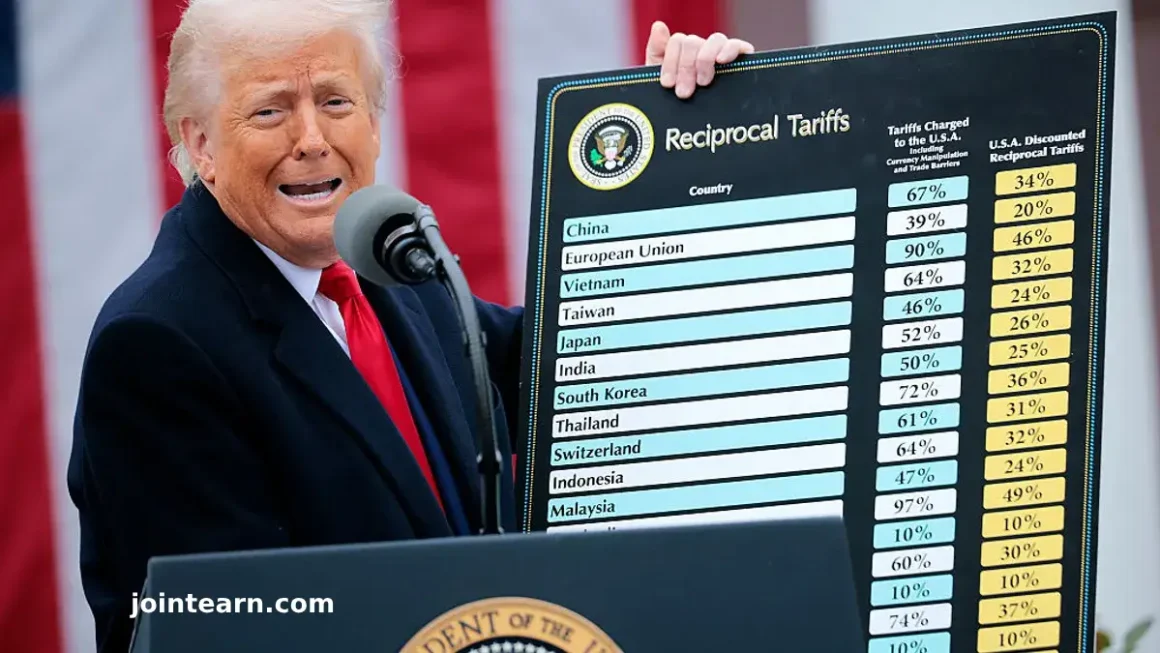Shell to Pay Additional £380m Following UK’s Extended Windfall Tax on Energy Profits
Shell has revealed it will face an extra £380 million ($509 million) in tax costs following Chancellor Rachel Reeves’ expansion of the UK’s energy profits levy, also known as the windfall tax. The oil giant’s disclosure comes as part of its latest financial results, which show that the company will incur additional tax charges of £382 million through to 2030 due to the new policy.
Key Changes to the Windfall Tax
The windfall tax, first introduced by Rishi Sunak in 2022, has been extended by Reeves under her latest policy changes. The new measures not only extend the duration of the levy but also increase the rate of tax that North Sea oil and gas producers must pay. The headline rate has been raised from 75% to 78%, making it one of the highest tax rates for energy producers in the world. Additionally, the government scrapped rules that previously allowed companies to reduce their tax burden by investing in new or existing oil and gas fields.
Shell had already disclosed a $462 million payment under the windfall tax for 2023. However, the new £380 million figure represents an accounting charge, meaning it has not yet been paid, but is anticipated in the coming years.
Impact on Shell’s Financials
The Shell report also revealed a fall in profits for the first quarter of the year, from $7.7 billion to $5.6 billion. The company is seeking to adjust its strategy in the UK North Sea, having combined its assets with those of Norwegian company Equinor under a new 50-50 joint venture. This move is expected to pool their respective tax allowances and improve investment efficiency, despite the challenges posed by increased taxation.
Political Backlash and Debate Over Fossil Fuel Policies
The expansion of the windfall tax has faced heavy criticism from oil and gas companies, which argue that such measures are accelerating the decline of North Sea production. These companies are warning that the high costs associated with the tax are forcing them to close operations or reconsider investment in the region.
In addition, there has been a broader political debate surrounding the UK’s green policies, especially after Sir Tony Blair warned that limiting fossil fuel consumption could be “doomed to fail.” Although Blair later clarified his support for the UK’s energy policies, his comments sparked a debate within the Labour Party, especially concerning the roles of key figures like Ed Miliband, the Energy Secretary.
Future Tax Plans and Energy Policy
Reeves’ decision to expand the windfall tax forms part of a larger government strategy to increase tax revenue from energy firms. The Treasury estimates that the changes will raise an additional £2.3 billion from 2025 to 2030. Ministers are also considering the introduction of a new tax after 2030, potentially levied on oil and gas sales if prices exceed certain thresholds. This would be aimed at ensuring that British households benefit from future energy surges, ensuring they “share in the profits” during future energy crises.












